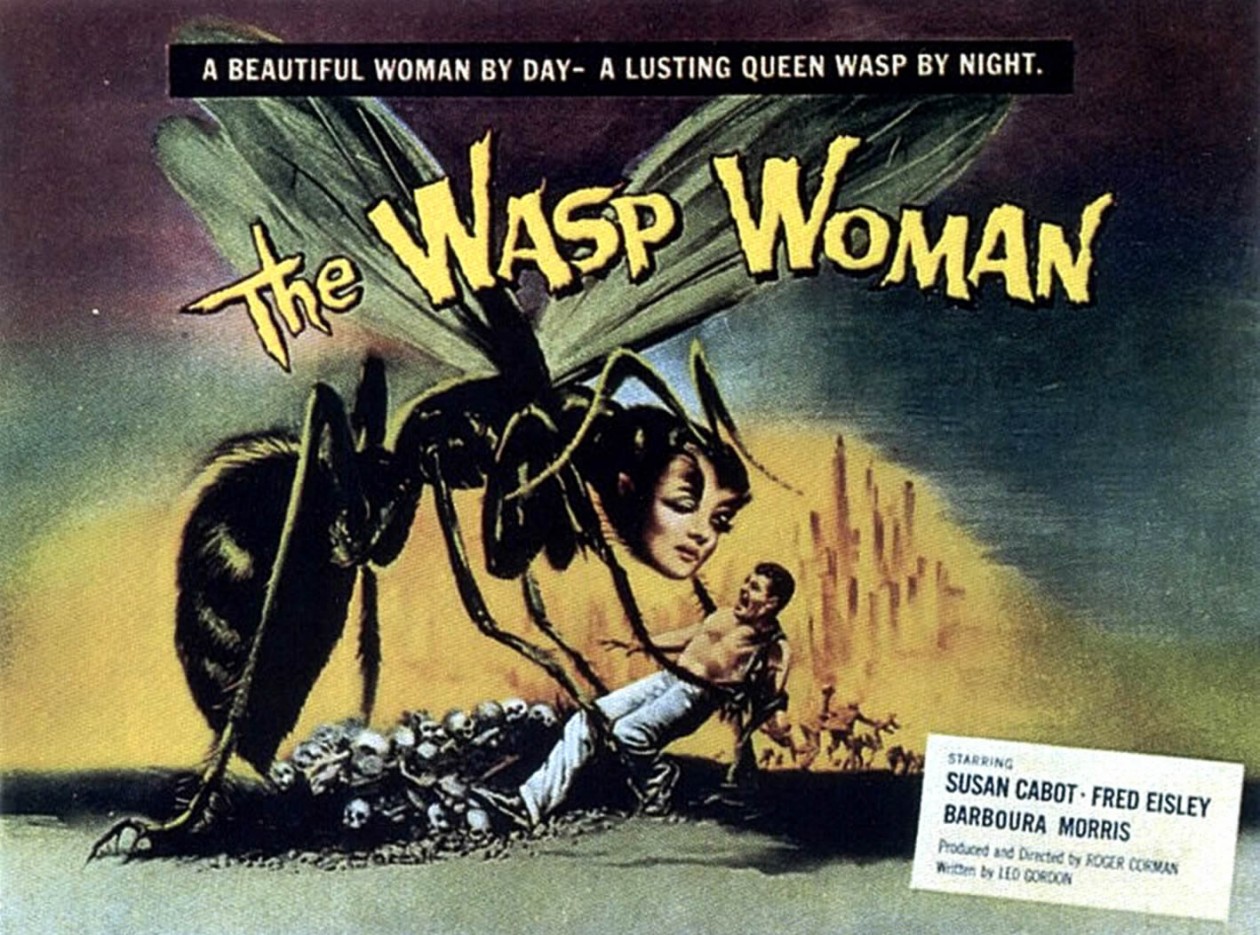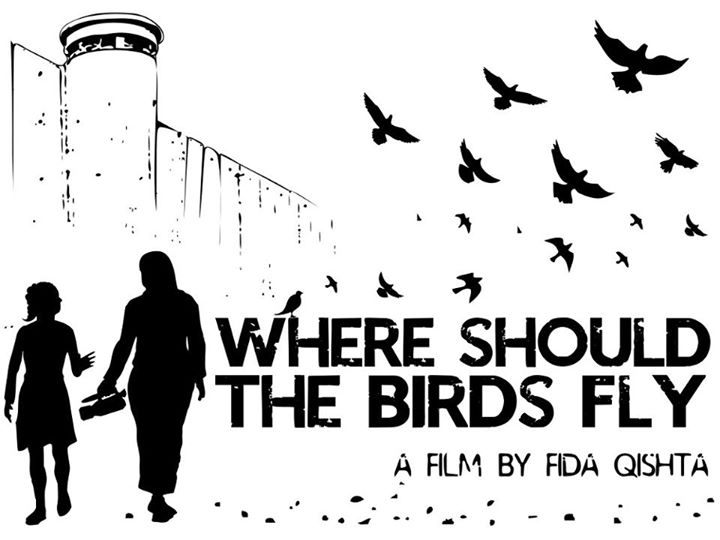I have to admit, I enjoyed the screening and Q&A that Fida Qishta hosted yesterday more than I thought I would. Going into it I knew it was going to be violent but it didn’t particularly interest me, but I left feeling much more knowledge about the Israeli attack on Gaza.
The Q&A was also very informative and it was clear that Qishta was passionate about sending out the message of what happened to her country and her people out. She did make the disclaimer that it was not her intention to make the audience take anyone’s side, she just wanted to document what happened in Gaza in a raw, real way. I like how she made the conscious decision to not include herself in the film and to just do a voice over because she did not want to have the spotlight on her, instead, she wanted the focus to stay on the Israeli attack on Gaza.
Qishta mentioned in the film that she felt that the camera was her weapon and that mentality allowed her to document what was really happening without being afraid. In the Q&A Qishta elaborated on that by taking about filming on a small boat while the Israelis were shooting at them and how she felt it was her duty to shoot what was happening so there was evidence if someone got hurt or killed. She also said that if she were to get shot, the image of the bullet hitting her would show up on camera.
It was very obvious from the film and from hearing Qishta speak that she was very passionate about filming the attack on Gaza. It was not her intention to create a film from the footage she shot. She said that it is even obvious in the documentary that the quality got better throughout the film because her passion for filming got stronger. Qishta said that it was challenging to film and then write the script, because usually it is done the other way around. She had hours of footage and had to select which clips she wanted to add into the film or just cut out completely. There were many graphic images that she shot that the producers thought would not be appropriate to expose to American viewers.
I really enjoyed this film and I was definitely touched by the stories that we’re told throughout the film from different people in Gaza, especially Mona’s story. The way the story was told with the narration from Qishta, the interviews with the people of Gaza and the exquisite footage that was shot, the film was beautifully put together. The dedication that Qishta put into the film showed in every clip and it informed me more about the attack on Gaza that I did not know much about before watching the film.

